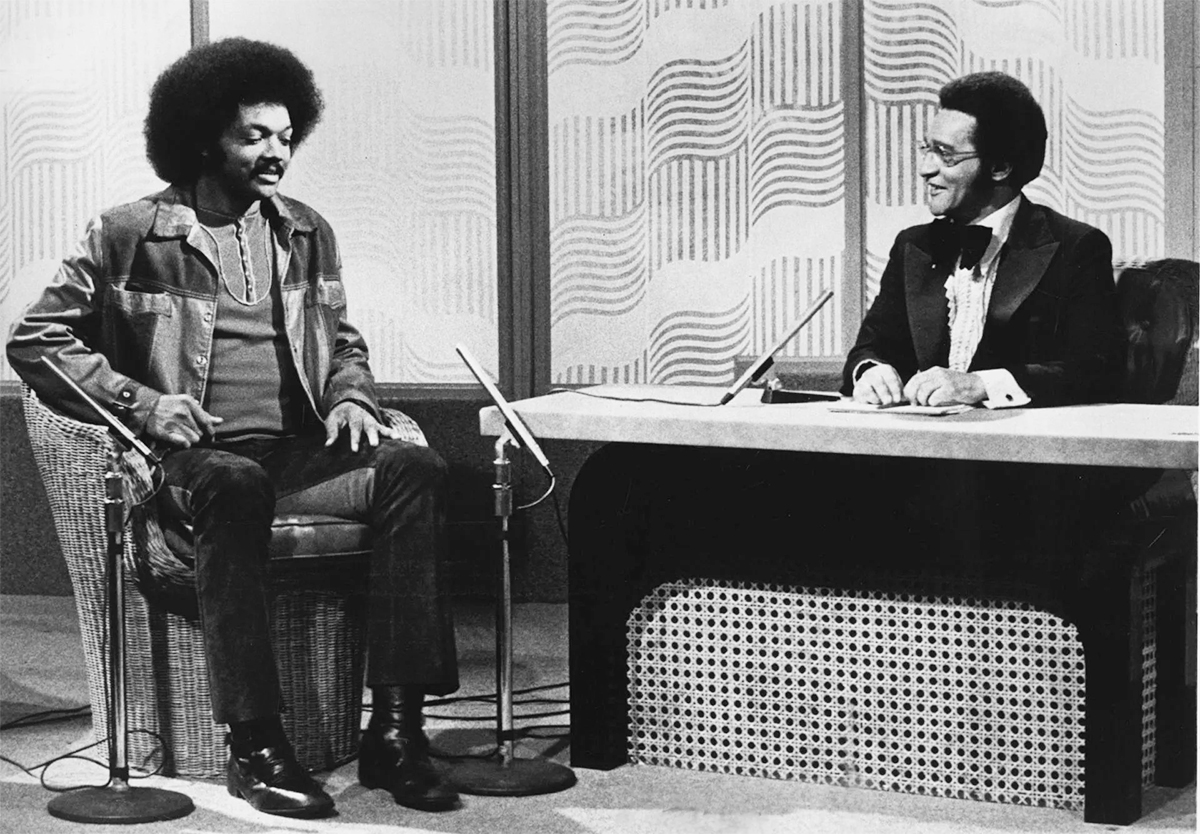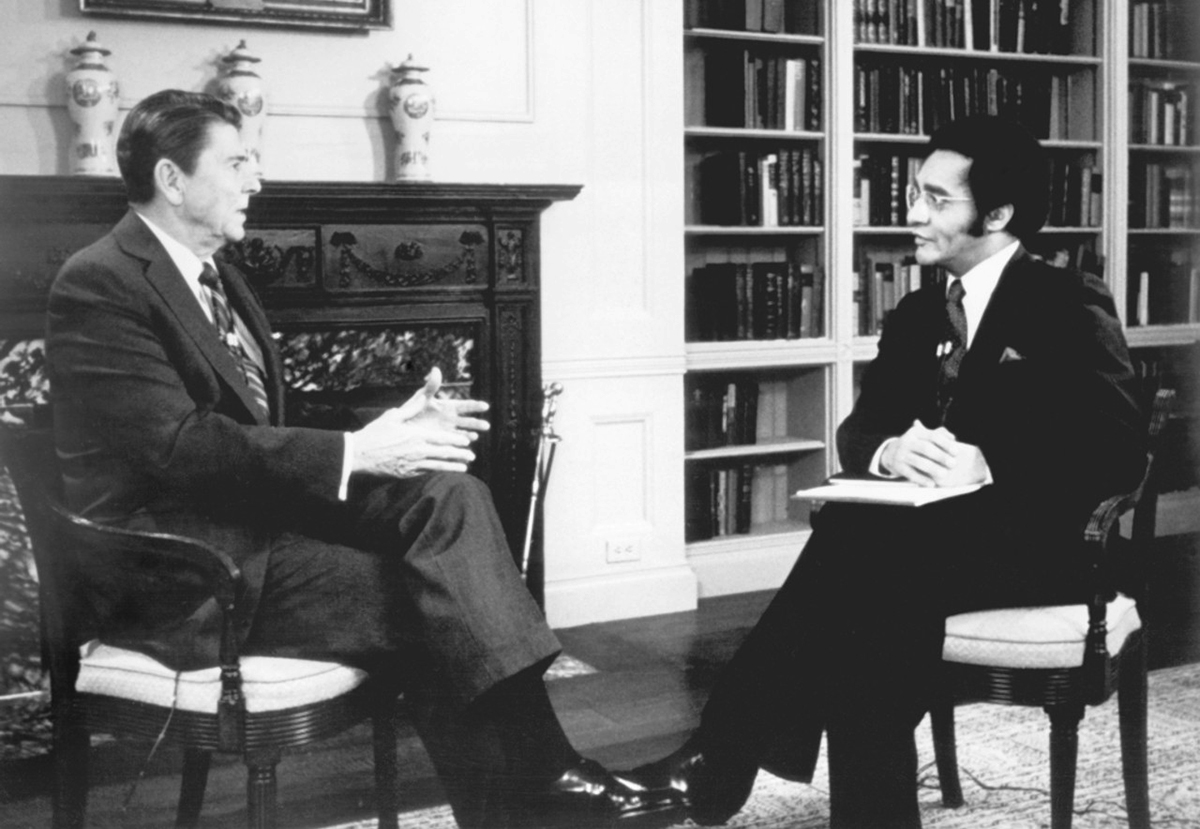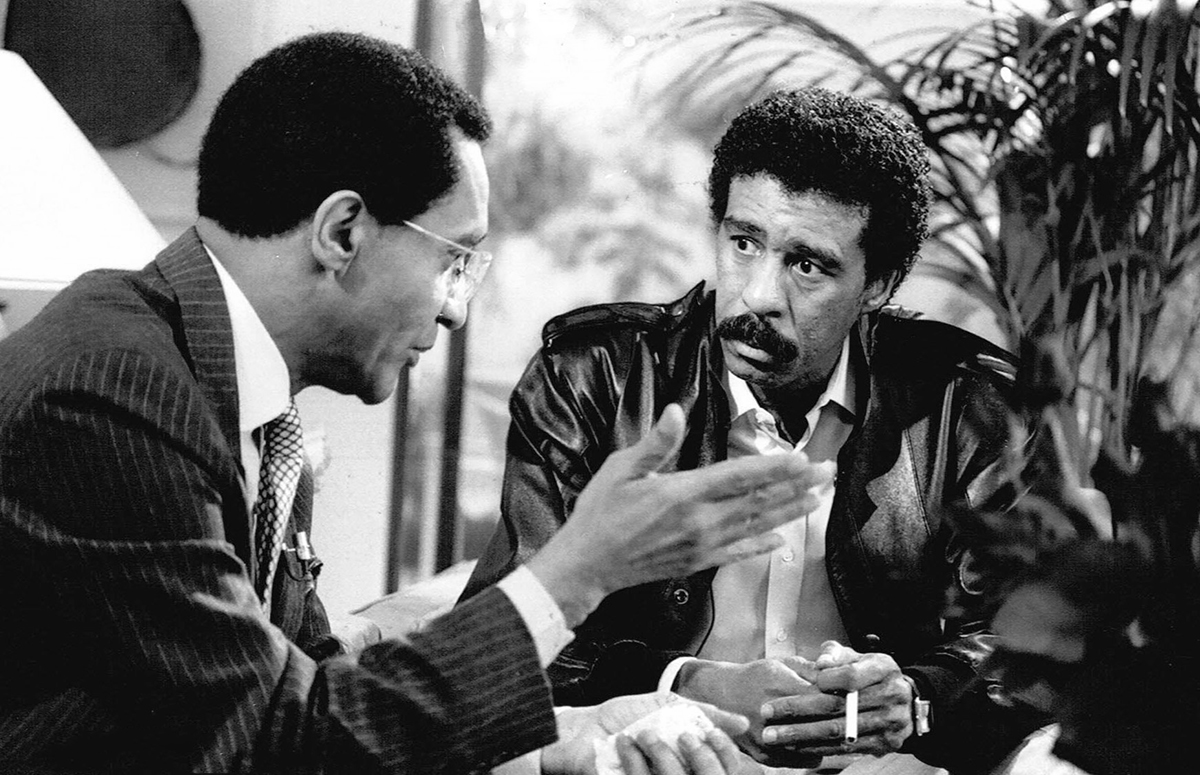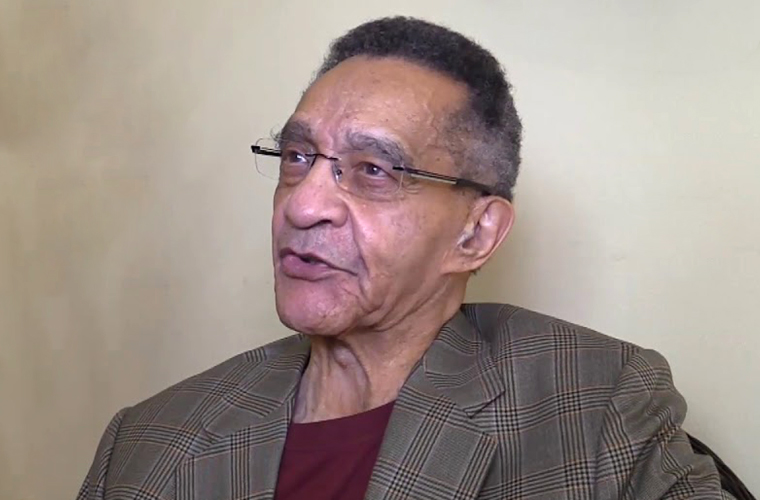Tony Brown, born Willie Anthony Brown Jr., was an American television journalist and broadcaster. He was known for his work as a news anchor and host of the long-running television program “Tony Brown’s Journal.” “Tony Brown’s Journal” was a groundbreaking public affairs program that aired from 1968 to 2008. It focused on African American issues and featured in-depth interviews with prominent figures from various fields, including politics, entertainment, and academia. The show explored topics such as civil rights, social justice, and African American history.

Tony Brown’s career spanned over five decades, during which he became one of the most prominent African American journalists in the United States. He began his career as a reporter for WTVF in Nashville, Tennessee, and later worked for WNEW-TV in New York City. Brown joined the U.S. Army in 1953 and then entered Wayne State University in Detroit in 1955. He received his Bachelor’s Degree in Sociology in 1959, and a Master’s Degree in Psychiatric Social Work from the institution in 1961.
Soon afterward Brown became active in the civil rights movement. In June 1963 he organized the “Walk to Freedom with Martin Luther King” in Detroit which many observers considered the “dress rehearsal” for King’s involvement in the March on Washington two months later. In 1963 Brown also began working at the Detroit Courier as a drama critic and eventually moved up to city editor by 1968.

In addition to his work as a broadcaster, Tony Brown was also an author and lecturer. He wrote several books, including “Black Lies, White Lies: The Truth According to Tony Brown,” in which he explored racial issues and advocated for self-reliance and empowerment within the African American community.
In 1970, Brown moved to New York City to become the executive producer and host of Black Journal in New York City. Black Journal was a well-known monthly program funded by the Corporation for Public Broadcasting that had already won the Emmy, Peabody, and Russwurm awards by the time of Brown’s arrival. Nonetheless, his controversial style and candor on government and public broadcasting topics boosted the show’s ratings, and by 1971 the show began to air weekly. In 1977, Brown negotiated with Pepsi-Cola to sponsor the show as Tony Brown’s Journal. This program, still on the air, is the longest-running national public affairs TV series on PBS.

Brown persistently highlighted African American economic and political progress in his program. He also became an advocate for black women and men interested in the broadcasting field. In 1971 he was appointed the founding Dean of the Howard University School of Communications. In 1985 he founded the Council for the Economic Development of Black Americans (CEDBA) which encouraged African American consumers to patronize black merchants who displayed the “Freedom Seal” and actively supported community issues. Brown, a member of Alpha Phi Alpha Fraternity and a prominent Republican was a leading post-1970 advocate of African American economic development through black capitalism.
In 1988, at the height of the cocaine epidemic that swept across black America, Brown released his first feature film which he provocatively called The White Girl. The film focused on cocaine addiction and self-hate.
In 1990, Brown began writing a series of self-help books. The first book in this series, Black Lies, White Lies: The Truth According to Tony Brown addressed ways to solve racial issues in the U.S. and improve our economy. Two other books, Empower the People: A 7-Step Plan to Overthrow the Conspiracy That is Stealing Your Money, and What Mama Taught Me: The Seven Core Values of Life described how self-empowerment can help people overcome their obstacles and achieve their goals.
Tony Brown’s contributions to journalism and his dedication to shedding light on important social issues have had a lasting impact. He passed away on March 2, 2021, leaving behind a legacy of thought-provoking discussions and a commitment to promoting dialogue and understanding.

